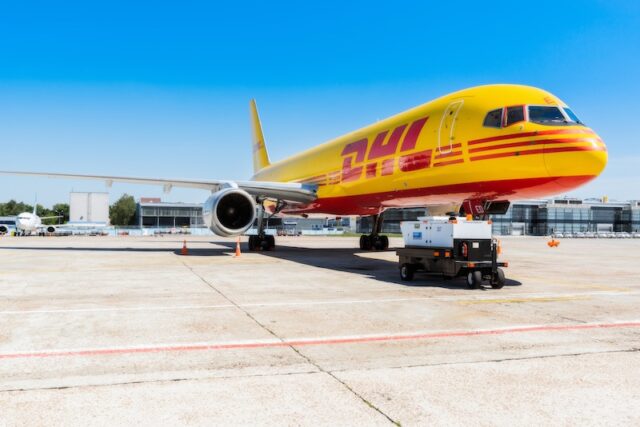In a move that echoes US legislation passed in 2021, the European Union voted this week on a new bill. The legislation, which is expected to come into effect within the next three years, bans products made with forced labour. The bill is expected to target the presence of forced labour in Chinese supply chains. In theory, it will prevent such products from reaching the EU.
Forced labour in Xinjiang
Today it’s estimated that around a million people are currently performing forced labour in the Xinjiang region. The people forced to work in the Chinese government’s “labour transfer programs” are largely ethnic Uyghurs and other Turkic Muslims. According to Human Rights Watch, the Chinese government forces these people to take jobs away from their homes. Once separated from their families, the transported people work long hours in unsafe factories and warehouses.
If estimates are correct, approximately one in four people trapped in forced labour live in Xinjiang. Many of the industries in Xinjiang form the basis of supply chains that supply Western nations. From textiles and mining to consumer goods manufacturing, forced labour casts a long shadow over global supply chains.
“It is simply unacceptable for our Union, which should be a global champion in promoting values, to continue importing and selling in our shops products that were made with blood and tears at some step along their supply chain,” MEP Maria Manuel Leitao Marques said in a statement to the press earlier this week. Leitao Marques is one of the lawmakers who pushed the latest anti forced labour bill through the EU parliament.
Forced out of the EU
This week, the EU Parliament voted through new regulations banning the presence of forced labour in its supply chains. The EU will no longer allow products made with forced labour to be sold, imported, or exported within its borders.
Shipments deemed to contain banned products will be intercepted and destroyed at the EU border. If found in violation of the law, manufacturers of banned goods will have to withdraw their products from the EU single market and donate, recycle or destroy them.
“Today, worldwide, 28 million people are trapped in the hands of human traffickers and states who force them to work for little or no pay. Europe cannot export its values while importing products made with forced labour,” Leitao Marques said in a statement. She hailed the ruling as “a victory for progressive forces.”
However, critics of the bill have argued that the law does not go as far as the one implemented by the US government. Washington’s 2021 bill bans the importation of products from Xinjiang unless businesses can prove their production did not involve forced labour. In particular, the Biden administration has used it as a way to force China out of the US’ electric vehicle manufacturing supply chain.
The EU bill passed with 555 votes in favour, 6 votes against and 45 abstentions. Now that the bill has been approved, the text must pass a final formal approval from the EU Council. EU lawmakers will then publish the bill in the Official Journal. Once it takes effect, EU countries will have to start applying it in 3 years.
- Procurement Strategy
- Sustainability










